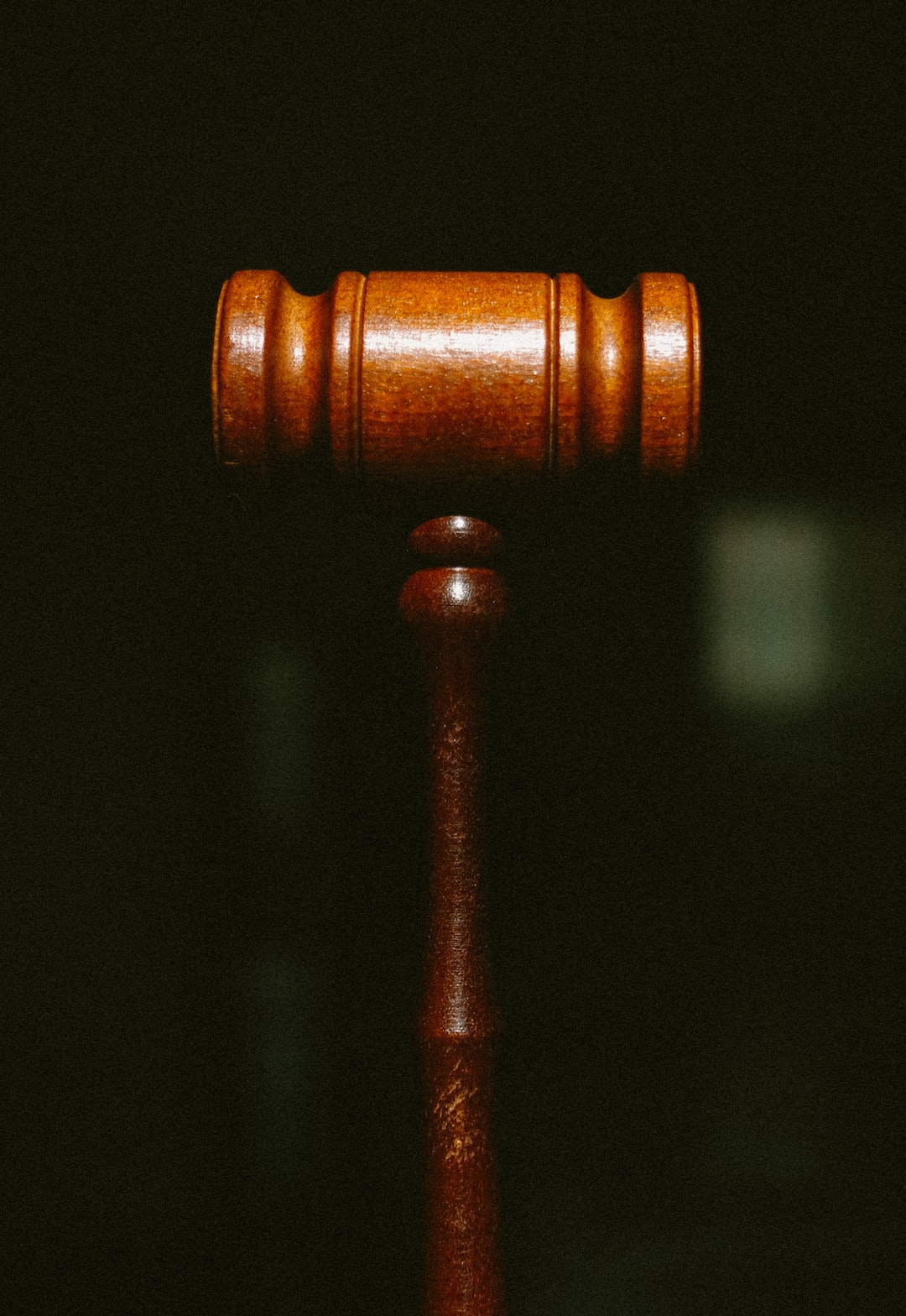The Legal Implications of Social Media Use
In this digital age, social media has become an integral part of our daily lives. It has revolutionized the way we communicate, connect, and share information. However, as social media continues to evolve, it also brings forth a range of legal implications that users must be aware of. From privacy concerns to intellectual property issues, let us delve into the potential legal pitfalls of social media use.
First and foremost, is the issue of privacy. While platforms like Facebook, Twitter, and Instagram offer users the ability to connect with friends and family, share photos, and express their thoughts, it is crucial to understand that these platforms collect and store the data we provide. The personal information we disclose on social media can be used for targeted advertising, but it can also be accessed by third parties with malicious intent. Users must be vigilant in managing their privacy settings and carefully consider what information they divulge to protect themselves from potential harm.
Another legal implication of social media use involves defamation and libel. With the ease of posting and sharing content, it has become effortless for individuals to defame or maliciously spread false information about others. Due to the potentially vast reach of social media, such harmful content can quickly go viral and easily damage one’s reputation. It is important for users to be aware of the legal consequences of posting defamatory statements and to exercise caution when sharing information that may be harmful to others.
Social media platforms have also become breeding grounds for copyright infringement. With millions of users sharing content daily, it is not uncommon for copyrighted material to be shared without proper authorization. Whether it is a photograph, a piece of music, or a video, users must be aware of copyright laws and the potential consequences of sharing copyrighted material without permission. Ignorance is not a valid defense, and the repercussions can range from takedown notices to legal action, resulting in substantial fines or damages.
Furthermore, social media use can have significant implications in the workplace. Employees need to be cautious about what they post on their personal social media accounts, as it may impact their professional image and even jeopardize their current or future employment. Employers have the right to monitor social media activities to protect their reputations and ensure that employees’ online behavior does not violate company policies. It is crucial for individuals to maintain professionalism and avoid sharing confidential or sensitive information about their workplace.
Social media has also become a platform for cyberbullying and online harassment. The anonymity and distance afforded by the internet have unfortunately led to an increase in abusive behavior. Users must be mindful of their online interactions and avoid engaging in or promoting cyberbullying. Such actions not only violate the terms of service of social media platforms but can also lead to severe legal consequences, particularly when the harassment becomes violent or threatening.
Lastly, social media can have an impact on legal proceedings. Posts, comments, and photos shared on social media platforms can potentially be used as evidence in court cases. Lawyers and law enforcement agencies are increasingly using social media as a tool to gather information and build cases. Individuals involved in legal disputes should be aware that their online activities may be scrutinized and can potentially influence the outcome of their case.
In conclusion, while social media has undoubtedly revolutionized the way we communicate and interact, it is important to be aware of the legal implications it brings. Privacy concerns, defamation, copyright infringement, workplace issues, cyberbullying, and legal proceedings are just a few areas in which social media use can have significant consequences. As users, it is essential to understand the potential risks, exercise caution, and be responsible digital citizens to navigate the legal landscape of social media successfully.

